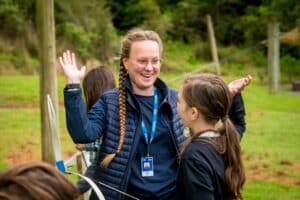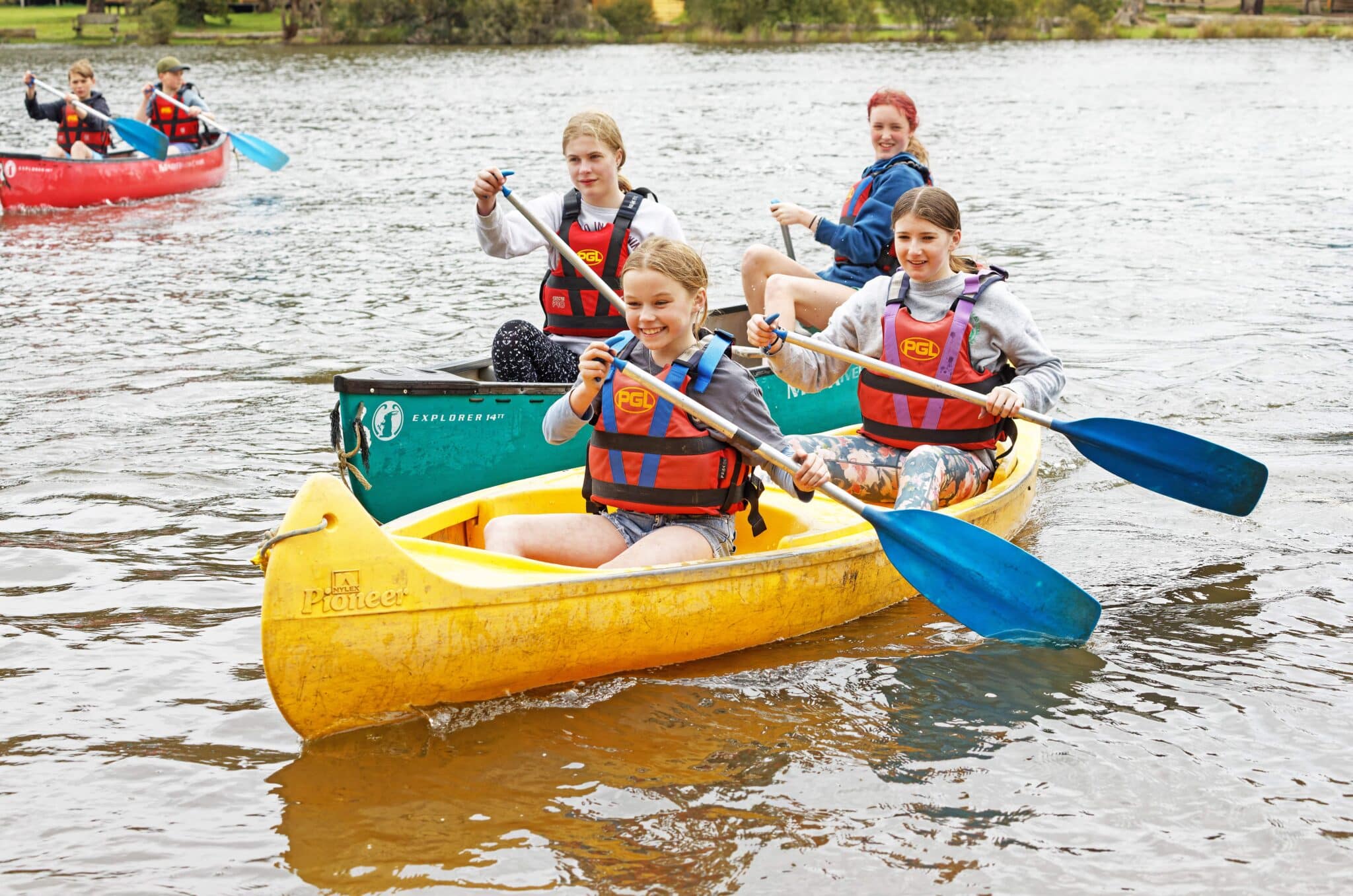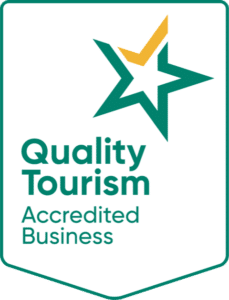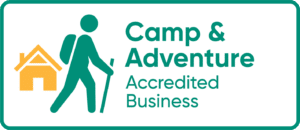Good communication is vital for achieving success in both class and personal life. For students, being able to convey their thoughts clearly and listen effectively can significantly enhance their learning experience and build strong relationships with peers and teachers.
In this blog post, we’ll show you six ways to improve communication skills for students, including exciting school camp activities that can further hone these abilities.
Why is good communication important for students?
Effective communication is important for students for several reasons:
- Academic success: Clear communication helps students express their understanding of subjects, participate in group work, and seek help when needed.
- Social interaction: Effective communication is also crucial for building relationships with friends, classmates and teachers, promoting a positive learning environment.
- Better leadership: Good communicators are more likely to develop better leadership skills as they know how to collaborate effectively, inspire their peers, and motivate others.
- Future readiness: Strong communication skills are highly valued in the workplace, preparing students for successful job interviews and careers.

How to improve communication skills for students
Now that you understand its importance, let’s take a look at 6 tried-and-tested strategies to improve communication skills for students.
1. Practice active listening
Good communication is about more than just talking; it’s about listening too. Teachers can help students improve their communication skills by encouraging students to focus on the speaker and give their full attention to them. Showing interest is also key. Nodding or using facial expressions can show they’re engaged in the conversation. Finally, practising empathy and responding appropriately by asking questions can help students confirm their understanding of the topic or message.
2. Engage in public speaking
If some students have a fear of speaking in front of others, you can help enhance their verbal communication skills by motivating them to take part in debates. This is a great platform for practising how to argue rationally and present their ideas clearly. Regular class presentations are another effective way to build confidence and using visual aids like slides can make it easier for students to convey their messages.
3. Encourage students to share their opinions
Creating a safe and supportive environment where students feel comfortable sharing their thoughts or asking for help can significantly improve their communication skills. You can do this by regularly involving them in classroom discussions on various topics as part of the curriculum to express their opinions. This further encourages open dialogue and helps students become more confident communicators.
4. Participate in team-building activities
Group activities provide valuable opportunities for students to develop effective communication and collaboration skills in a hands-on manner. Organising study groups, inspiring students to participate in team sports or clubs or attend school camp, and assigning collaborative projects not only improve students’ interpersonal skills but also make learning more enjoyable and interactive.
5. Develop nonverbal communication
One powerful method to improve communication skills for students is by mastering nonverbal cues. Encourage them to maintain eye contact, which signals confidence and active engagement. Using appropriate gestures, such as hand movements, can also help emphasise key points and make their communication more impactful. Furthermore, teaching students to recognise others’ body language enables them to interpret messages more accurately.
6. Provide constructive feedback
Lastly, make sure to give plenty of feedback. This helps students to understand their strengths and identify areas for improvement. When offering feedback, be specific and clear, addressing specific points rather than giving general comments. It’s important to maintain a positive tone, highlighting their strengths while suggesting areas for growth. Pro tip: Write down feedback when possible so students can refer back to it later, reinforcing their learning and allowing them to track their progress over time.

Activities to improve communication skills for students at PGL
At our school camps, students get the chance to boost their communication skills in a safe and super fun environment. At PGL, we offer a wide variety of adventurous activities including:
- Raft Building
- Challenge Course
- Bush Craft
- Orienteering
- Jacob’s Ladder
- Initiative Exercises
- Trust Exercises
Through these diverse school camp activities, students can enhance their communication skills by collaborating on plans, delegating tasks, solving problems, and coordinating strategies. These experiences teach them to express ideas clearly, work as a team, motivate their peers, and build trust, all of which contribute to effective and empathetic communication growth.
Improve your students’ communication skills on a PGL adventure camp!
Ready to embark on an adventure of a lifetime? PGL is the answer! Our school camps in Victoria (Campaspe Downs & Camp Rumbug) and Queensland (Kindilan) for primary and secondary students are designed to provide a unique blend of outdoor exploration, education and excitement!
Through thrilling activities and team-building exercises, your students will not only build confidence but also strengthen their ability to communicate effectively in various situations.
Contact us today and we’ll be happy to discuss our range of camp programs tailored for your students to find the perfect fit for you.

A qualified teacher and former university lecturer, Steve has been our Guest Experience Manager at Campaspe Downs for many years. Steve’s work at Victoria University, setting up the “Iramoo Sustainability Centre”, focused on restoring and protecting the native grasslands of western Victoria, as well as advising schools how to set up indigenous gardens. He has lectured on science, indigenous education and outdoor education.








